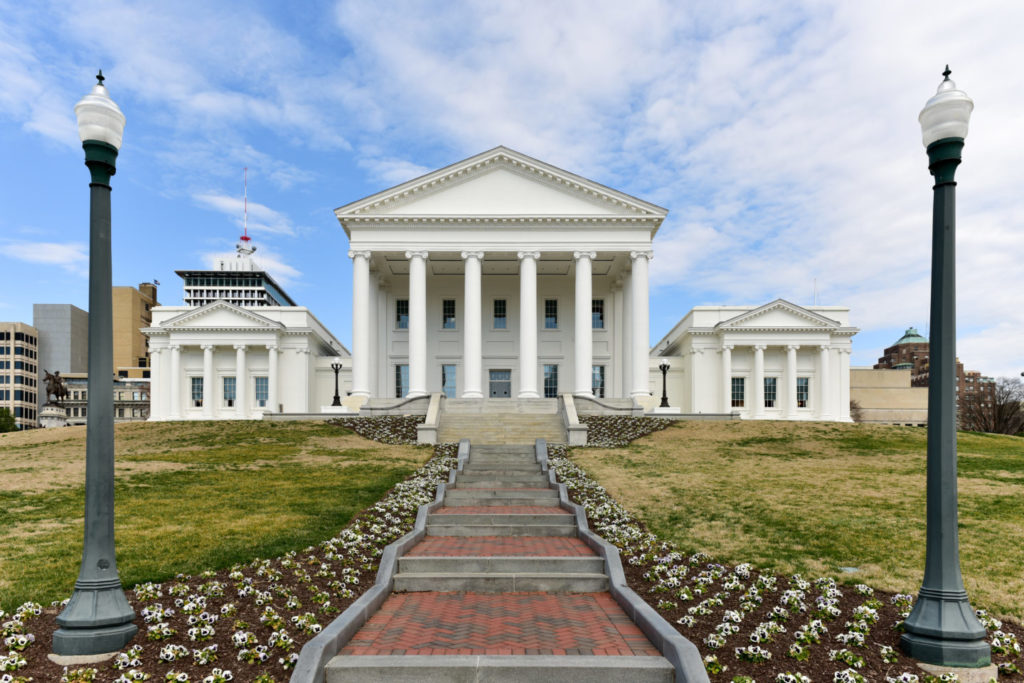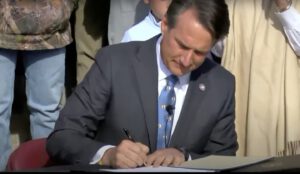Virginia lab school proposal still in limbo amid budget negotiations
(The Center Square) – A proposal to establish university-run schools in Virginia, known as lab schools, is still in limbo while lawmakers debate the specifics of their next biennium…

(The Center Square) – A proposal to establish university-run schools in Virginia, known as lab schools, is still in limbo while lawmakers debate the specifics of their next biennium budget.
“I’m not aware of internal budget negotiations,” Jacqueline Woodbridge, a spokesperson for the Virginia Senate Democrats, told The Center Square. “Because the bill has financial implications, it is still in limbo until the budget is decided.”
House and Senate lawmakers entered into joint conference committees to reach a compromise on the specifics of the budget and the lab school proposal in mid-March. Lawmakers missed their original deadline on the bills and Gov. Glenn Youngkin called them into a special session in the beginning of April to finish their work. However, there is still no news on when they will reach a deal.
“As of right now, [the] situation [is] unchanged, tied up in the budget negotiations,” Garren Shipley, a spokesperson for the Virginia House Republicans, told The Center Square. “Lots of chatter going on, but nothing concrete.”
Youngkin established a partnership with more than 30 colleges and universities that all signed on to the lab school proposal, but nothing can be finalized until he gets approval from the General Assembly. The proposal would set up K-12 lab schools, similar to charter schools, that would be run by colleges or universities with a focus on developing and testing different education models and studying how the various models affect how students learn.
Both versions of the bill would allow higher education institutions to submit applications to the Board of Education to establish a lab school. However, the House and Senate versions differ on who is eligible to create a lab school and how public school funding would be affected.
The House version would allow public, non-profit and for-profit education institutions to apply to create a lab school, but the Senate version would prohibit for-profit institutions from creating one. Because the lab schools would be legally classified as public schools, the House version would divert funding from currently established public schools based on how many students move to the lab schools. The Senate version, however, would ensure the current public schools keep the same level of funding, regardless of how many students leave to attend lab schools.
“Whether it is the House or Senate version of the college partnership lab school, it is important for the sake of children to pass it,” Chris Braunlich, the president of the free-market Thomas Jefferson Institute, told The Center Square.
“Colleges can do a tremendous service in better preparing children for life, study, and work and it should be the policy of the state to help them do that – whether it is Historically Black Colleges and Universities (HBCUs) better preparing students for college life, Virginia Tech and George Mason offering a STEM lab school to students heading in that direction, or William and Mary providing inspiring opportunities to the next generation of teachers,” Braunlich said. “… It is time Virginia broke out of the mold and joined the rest of the country in offering parents more opportunities for their children.”
The Center Square reached out to the governor’s office for comment, but did not receive a response by the time of publication.



